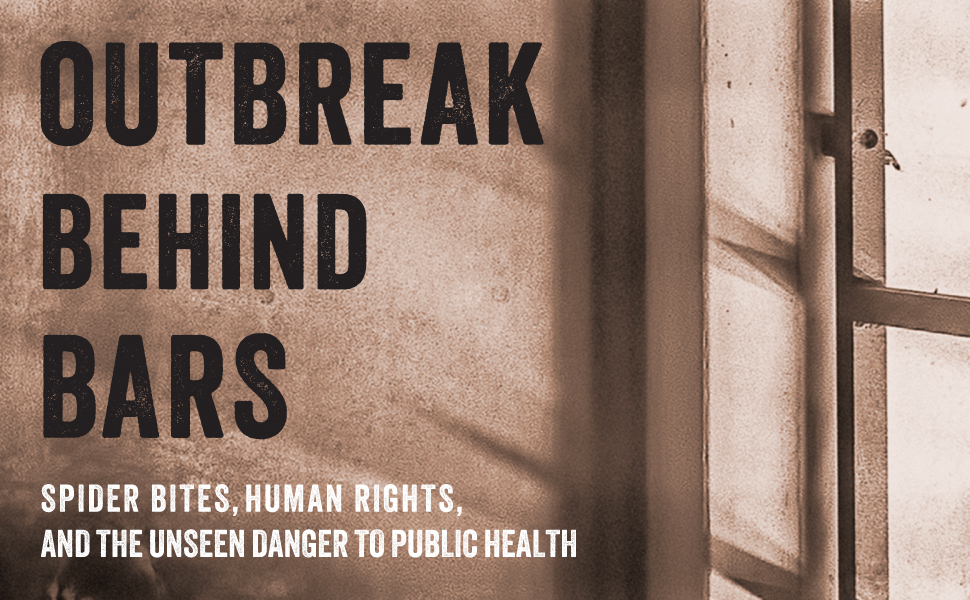
Johns Hopkins UniversityEst. 1876
America’s First Research University
The Public Health Crises Plaguing America's Prisons

In late 2019, Dennis Oya’s persistent cough was met with indifference by prison health staff. For 18 months, as he suffered worsening symptoms—including broken ribs from coughing fits—his pleas for a tuberculosis (TB) test were ignored. When he was finally diagnosed, it was too late to contain the spread. His untreated TB sparked one of the largest prison outbreaks in decades, resulting in 25 confirmed TB infections and over 3,000 potential exposures across five Washington state facilities.
This haunting case is chronicled in Outbreak Behind Bars, a powerful new book by public health expert Dr. Homer Venters. He exposes the systemic neglect that allows communicable diseases to flourish in jails, prisons, and detention centers—places designed not for healing, but for control and punishment.
The Anatomy of an Outbreak
Dr. Venters reveals how the physical and social conditions inside carceral institutions create the perfect storm for outbreaks of diseases like TB, methicillin-resistant Staphylococcus aureus (MRSA), scabies, meningitis, and COVID-19. The overcrowded dorms, poor ventilation, delayed medical care, and understaffed clinics aren’t just inconveniences—they are vectors of preventable illness and death.
In Oya’s case, Venters outlines two systemic failures that led to catastrophe: the prison’s abandonment of annual TB screenings due to COVID-related strain, and its broader culture of disbelief and neglect toward incarcerated people’s health complaints. These are not isolated issues. As Venters details, many facilities lack mechanisms to track treatment interruptions, and health providers often operate at the mercy of understaffed and indifferent security operations.
From the Individual to the Systemic
Each chapter of Outbreak Behind Bars shows how public health is sabotaged behind bars. The book includes eye-opening investigations—from the “spider bite” misdiagnoses of staph infections to a scabies outbreak where itching went untreated for weeks. We hear about the “Farmville Superspreader Event,” where detention officials ignored early warnings about COVID-19, and we see how bureaucratic apathy extends beyond bars to the public health systems that must eventually respond.
Venters also shows how the harms of incarceration extend far beyond the prison gates. For example, of the thousands exposed during the Washington TB outbreak, hundreds were released before they could be screened, creating a dangerous ripple effect in their home communities.
Public Health Meets Social Justice
With specific guidance for public health professionals—including how to inspect correctional facilities and respond to outbreaks—the book equips readers to take practical steps toward reform. Venters argues that reducing incarceration itself is a vital form of disease prevention, and that listening to incarcerated people is not just the humane and correct thing to do—it’s essential for effective outbreak response.
He also addresses the profound mistrust between incarcerated people and the health systems that serve them—a mistrust rooted in histories of abuse, neglect, and unethical medical experimentation. Venters shows that without confronting this legacy, no outbreak response can succeed.
A Must-Read for Public Health Advocates
Outbreak Behind Bars is essential reading for anyone concerned about justice, equity, and public health. It will resonate with students, faculty, and professionals in medicine, public health, law, and social work—and with all who believe that our society is only as healthy as our most vulnerable members.
Dr. Venters doesn’t just diagnose the problem—he explains how to prevent the next outbreak, behind bars and beyond.
Order your copy today and join the movement for prison health reform.







